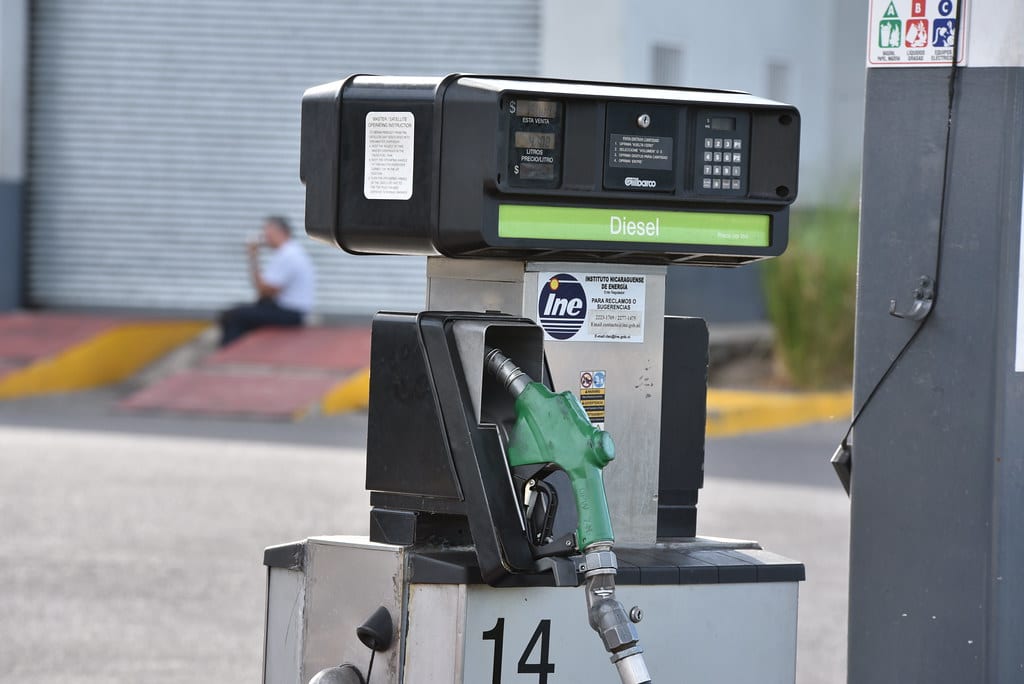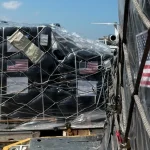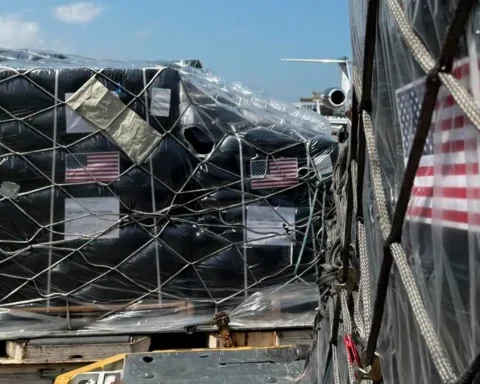The price of diesel in Nicaragua is heading to overcome the barrier of 40 cordobas per liter, after rising more than two cordobas in the last month, until trading this week at 38.78 cordobas per liter, a price never seen before.
Diesel is the fuel that has risen the most in value since the government of Daniel Ortega and Rosario Murillo decided, in mid-January, to unfreeze the price of petroleum derivatives, a measure that it maintained for more than two and a half months. without representing a benefit to consumers.
Before the price freeze, diesel also showed a constant upward trend. From the middle of last August until this week, this fuel —the one with the highest consumption at the national level— has risen more than seven córdobas per liter, according to an analysis carried out by CONFIDENTIAL based on weekly price monitoring published by the Nicaraguan Institute of Energy (INE).
Last August, the average price of a liter of diesel was 31.73 cordobas; its price was frozen when it was sold at 36.57 cordobas per liter. August is taken as a reference, because starting in the middle of that month, diesel rose weekly.
Nicaragua with the most expensive fuels in the region
In the case of gasoline, the rise has been less compared to diesel. Between last August and the first week of February, the average price has increased by 2.99 cordobas per liter, in the case of super gasoline; and in 3.22 cordobas in the case of the regular.
Last August, the average price of a liter for the super was 40.13 cordobas and for the regular one it was 38.89 cordobas; its price was frozen when both were sold at 41.96 and 40.90 cordobas per liter, respectively.
For this week, the super is quoted at 43.12 córdobas per liter and the regular at 42.11 córdobas, according to INE price monitoring.
These average prices correspond to service stations in Managua, since in the other departments and regions of the country the cost of transportation and distribution, as well as other expenses, must be added.
With current prices, Nicaragua has the most expensive fuels in the Central American region, according to the specialized site Global Petrol Prices.
In dollars, diesel is sold in Nicaragua at 1,094 dollars per liter, while in the other Central American countries it is priced at less than one dollar per liter, El Salvador being the second with the highest price with 0,967 dollars, and in Panama where more cheap is at 0.91 dollars.
In the case of gasoline —they take the super as a reference—, in Nicaragua it is priced at 1,216 dollars per liter, while in the other Central American countries it is priced at less than 1.10 dollars per liter, with Honduras being where it is sold the highest. 1.11 dollars, and in Panama where it is cheaper at 0.98 dollars.
Impact on the basic basket
Experts on Nicaraguan consumer and transport issues agree that the rise in diesel has an impact on the value of the basic family basket, since this fuel is used by the majority of trucks and trailers that transport the national production.
A transporter, who asked to omit his name, explained that the transporters do not “completely” assume the constant increases, since they charge more to the producers or intermediaries, who in turn increase the price to consumers.
The national basic basket rose by at least 1,300 cordobas in 2021 and closed the year at 16,255 cordobas, according to data from the National Institute of Information and Development (Inide). The foodstuffs were the most rose in prices last year, they are mostly transported domestically.
“The purchasing power for Nicaraguan families has been reduced, which affects the diet of the most vulnerable. There are already families in this country that only have a feeding time, because of how expensive it is to buy the basic food basket,” said Rubén Ernesto Arriola, an expert on consumer issues.
oil on the rise
Between October 2021 and last January, the Ortega regime froze the prices of petroleum derivatives, during which time the international value of crude fell almost 20 dollars per barrel. The government’s decision came two weeks before the general elections in which Ortega, without political competition, gave himself his third consecutive re-election for a fourth term in a row.
The regime froze prices when the intermediate oil of Texas (WTI), of reference for Nicaragua, was quoted at 84.53 dollars per barrel. However, after the regime’s measure, the value of crude fell to 65.44 dollars per barrel at the beginning of December.
Hydrocarbon experts stressed that this drop in crude oil did not translate into a reduction in national fuel prices, which in Nicaragua are not regulated by the State and are set freely, every week, by the oil companies.
The regime unfroze prices when WTI oil was trading at $81.97 a barrel. For this Wednesday, February 9, the price of crude oil closed at 89.66 dollars on the New York Mercantile Exchange, after a bullish streak that has placed its prices at maximums not seen since 2014.

















